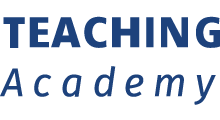Peter Vail
A/P Peter Vail trained as a cultural anthropologist and sociolinguist, with regional interests in Thailand, Laos and Cambodia. He joined NUS in 2009, initially in the University Scholars Programme (USP) and, since 2022, in NUS College. Over the last two years, he helped design, and now serves as Pillar Coordinator for, the IEx Impact Experience course, and he teaches a wide range of topics, focusing on areas cultural and linguistic anthropology, and development issues. He has won numerous departmental and ATEA teaching awards, and is the 2024 recipient of the Outstanding Educator Award (OEA) at NUS. In what spare time he has, he enjoys woodworking, carpentry, farming, and he’s taken a recent interest in documentary filmmaking.



